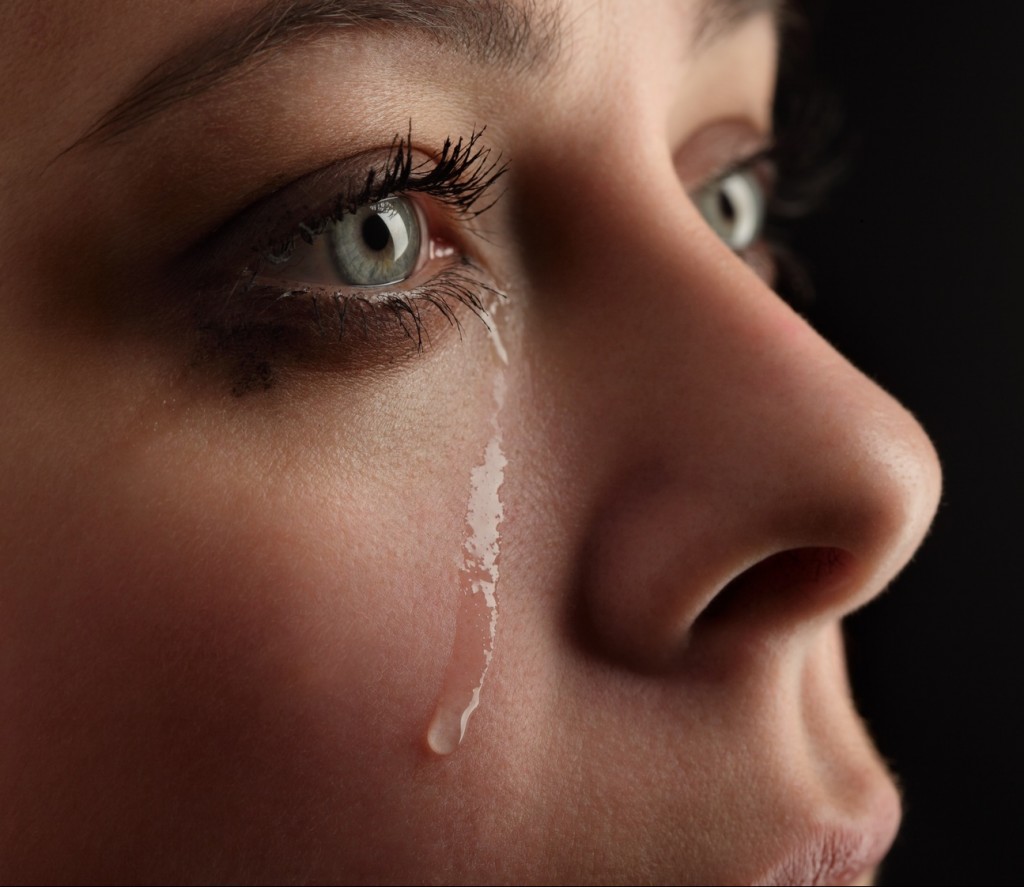 Believe it or not, grieving ((from Wikipedia: Grief is a multifaceted response to loss, particularly to the loss of someone or something that has died, to which a bond or affection was formed. Although conventionally focused on the emotional response to loss, it also has physical, cognitive, behavioral, social, spiritual, and philosophical dimensions. While the terms are often used interchangeably, bereavement refers to the state of loss, and grief is the reaction to loss, along with nostalgic longing for something or someone that probably won’t return.
Believe it or not, grieving ((from Wikipedia: Grief is a multifaceted response to loss, particularly to the loss of someone or something that has died, to which a bond or affection was formed. Although conventionally focused on the emotional response to loss, it also has physical, cognitive, behavioral, social, spiritual, and philosophical dimensions. While the terms are often used interchangeably, bereavement refers to the state of loss, and grief is the reaction to loss, along with nostalgic longing for something or someone that probably won’t return.
Grief is a natural response to loss. It is the emotional suffering one feels when something or someone the individual loves is taken away. Grief is also a reaction to any loss. The grief associated with death is familiar to most people, but individuals grieve in connection with a variety of losses throughout their lives, such as unemployment, ill health or the end of a relationship. Loss can be categorized as either physical or abstract, the physical loss being related to something that the individual can touch or measure, such as losing a spouse through death, while other types of loss are abstract, and relate to aspects of a person’s social interactions.)) is ALWAYS for what could have been. For the loss of a future.
Whether it is in a relationship, or adventure, or riches, or living a fulfilled life. Opportunities missed, a life missed.
If feels like an occasional hiccup like desire to weep, hiccup from a deep sorrow base.